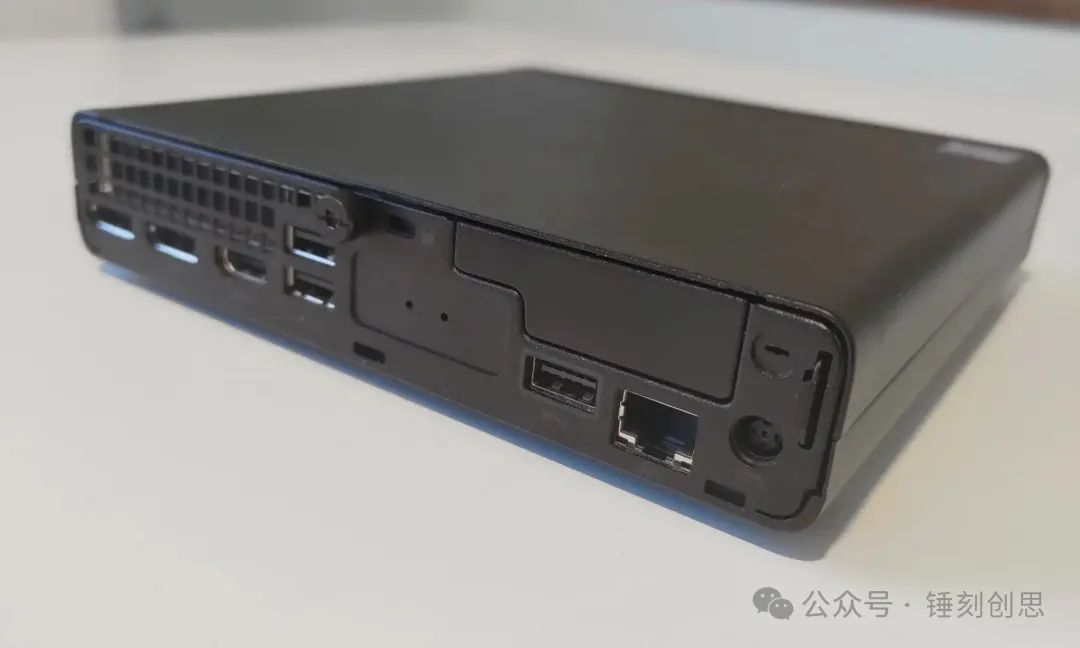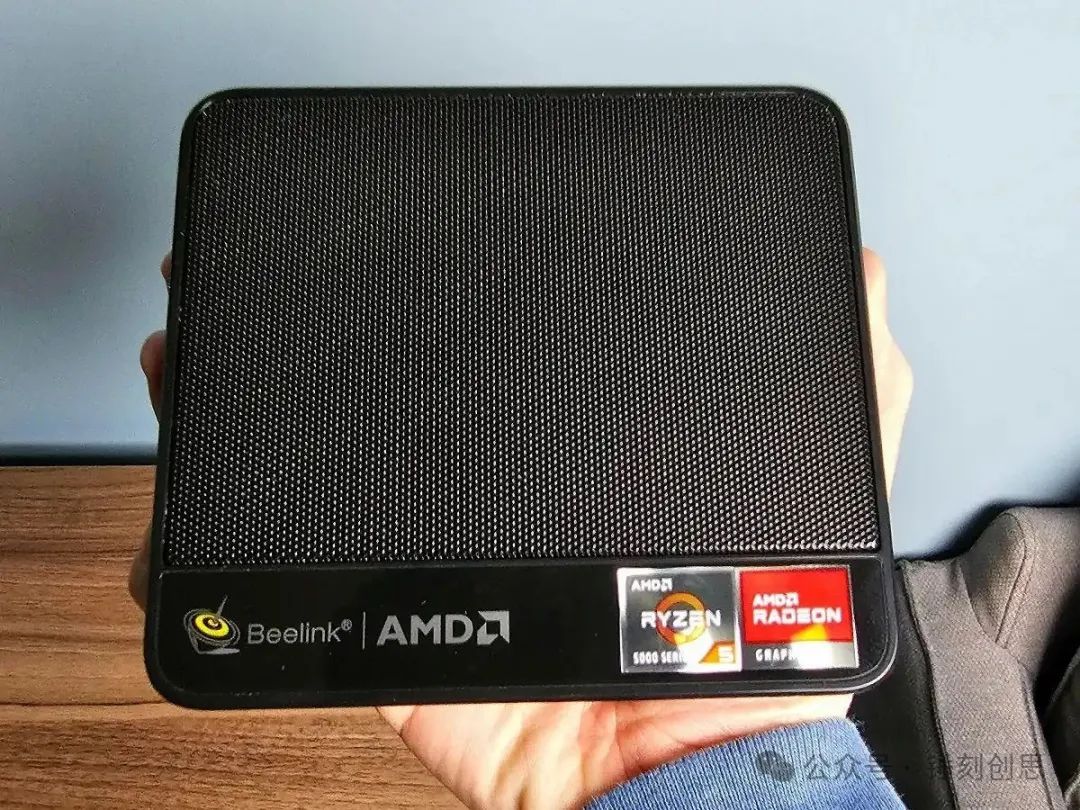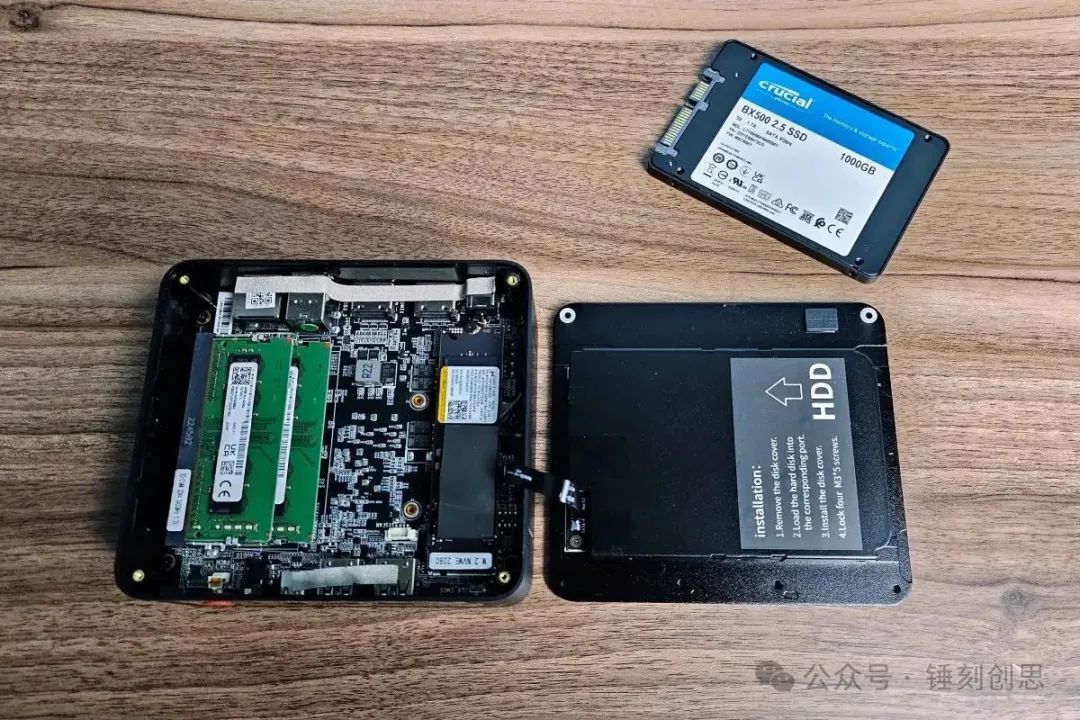For many people, laptops are often the first choice when purchasing a new computer. They are suitable for home use, easy to carry, and integrate a screen, keyboard, touchpad, speakers, camera, and computer host, making them very convenient.

However, laptops may not be the best choice for everyone. If you don’t need to carry your computer often or think the price of a laptop is too high, you might consider a mini computer.
Mini computers have several advantages over laptops, especially when you don’t need the portability of a laptop.
Mini Computers Are More Economical
While it cannot be guaranteed that mini computers are always cheaper than laptops with equivalent configurations, they are generally lower in price. This is because mini computers do not require built-in components like a display, keyboard, mouse, speakers, and battery, all of which are standard in laptops. If you already have these peripherals or plan to equip your laptop with many peripherals, choosing a laptop may not be cost-effective.
For example, the price of the M2 version of the Mac Mini is significantly lower than that of the M2 version of the MacBook Air.
Mini Computers Offer Superior Performance
Mini computers are not limited by the size constraints of laptops, allowing for more flexibility in component selection, which can provide better performance. Laptops need to find a balance between cooling and performance, while mini computers can design more efficient cooling systems, thereby achieving higher performance.
For instance, the ASUS ExpertCenter PN53 mini computer is equipped with a Ryzen 7 7735HS processor, scoring nearly 12812 points in the multi-core test of Cinebench R23, and 1558 points in the single-core test. This is quite comparable to the ASUS Zenbook 14 OLED laptop, which sells for $850, but features a higher-end Ryzen 7 8840HS processor.

Mini Computers Are More Durable Without Batteries
Mini computers do not require batteries, which is a significant advantage. Batteries generate additional heat during repeated charge and discharge cycles, which can affect the lifespan of other internal components, and batteries themselves age over time.
In contrast, mini computers have a simpler structure with fewer components to worry about, so they typically have a longer lifespan.
Mini Computers Are Easier to Upgrade
Most laptops have limited internal space and upgrade capabilities. Mini computers, on the other hand, usually offer more upgrade space. For example, the Beelink SER5 mini computer has enough space to accommodate an M.2 SSD, a 2.5-inch SATA hard drive, and two SO-DIMM memory slots. This means you can upgrade your storage and memory according to your needs.
Mini Computers Offer More Ports
As laptops become thinner and lighter, some ports and connectivity options have to be sacrificed. Today’s laptops typically only have two USB ports and a headphone jack, and some even lack an HDMI port. Mini computers, however, provide more port options, such as USB-A, HDMI, Ethernet ports, etc.

In summary, mini computers outperform laptops in terms of cost-effectiveness, performance, durability, and upgradeability. Of course, choosing a mini computer means giving up the portability of a laptop, but if you primarily use your computer at home, a mini computer may be a more economical choice. You only need to purchase a keyboard, mouse, and monitor, but the prices of these peripherals are relatively low, making it still more cost-effective than a laptop overall. If you are considering buying a new computer, you might want to consider a mini computer, as it could be your best choice.